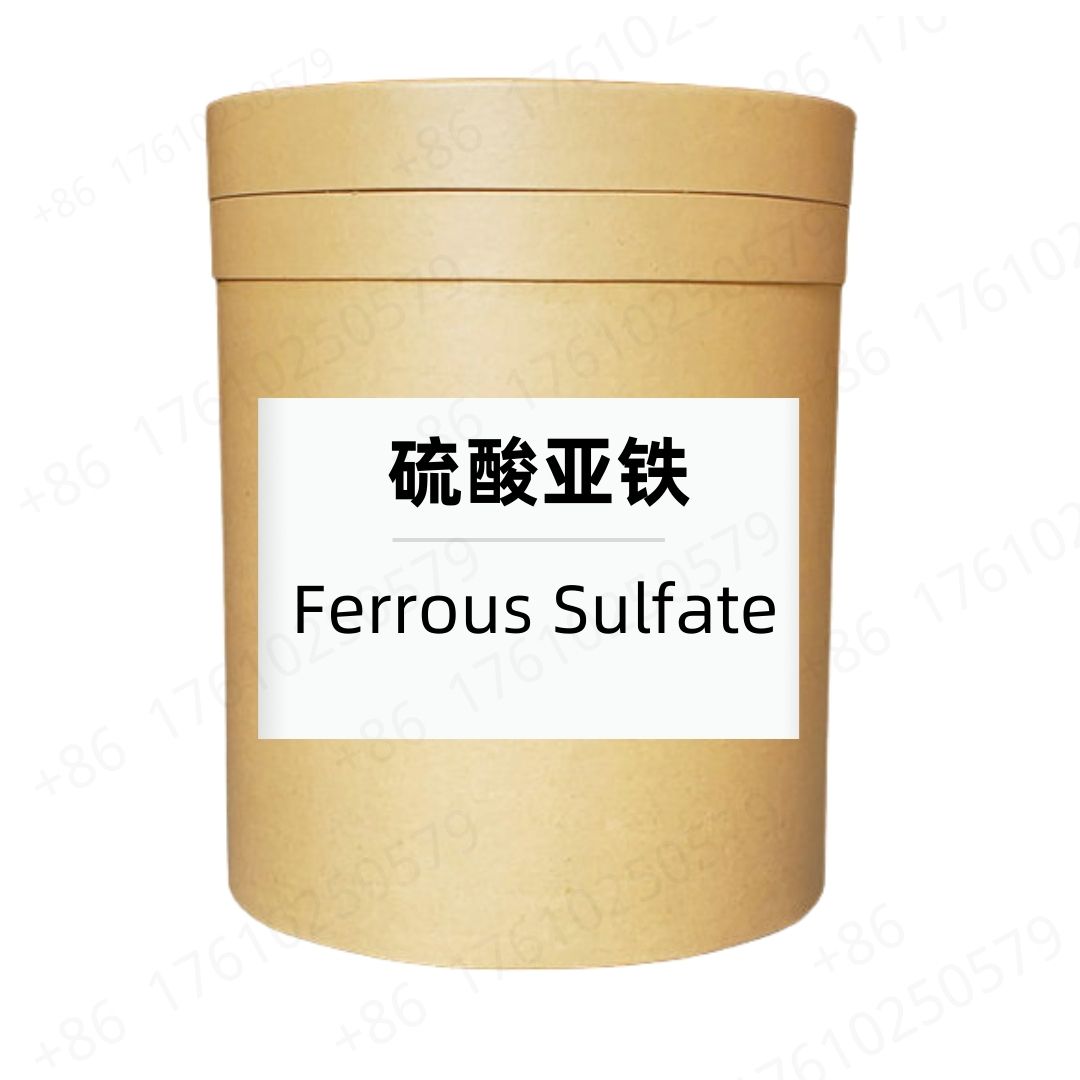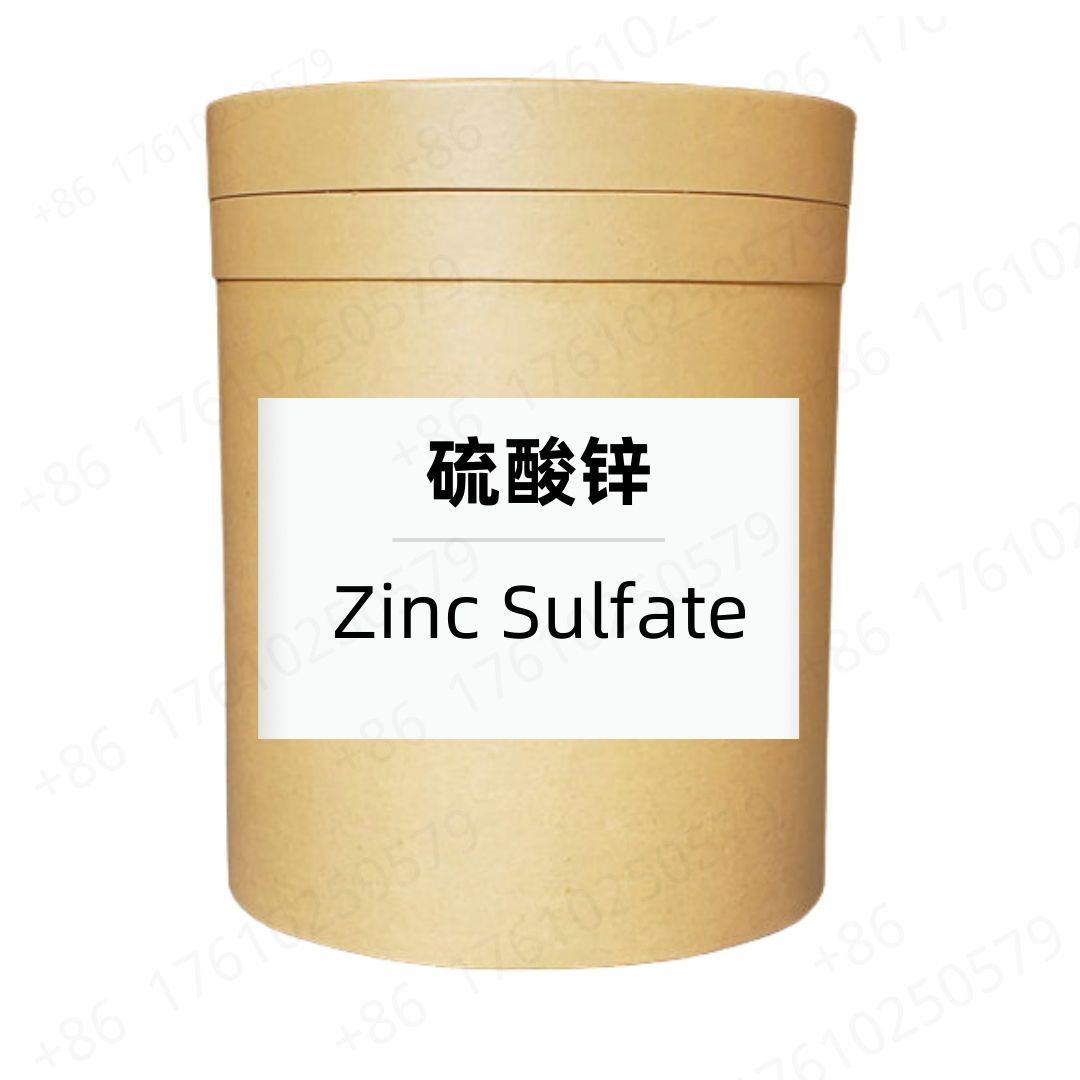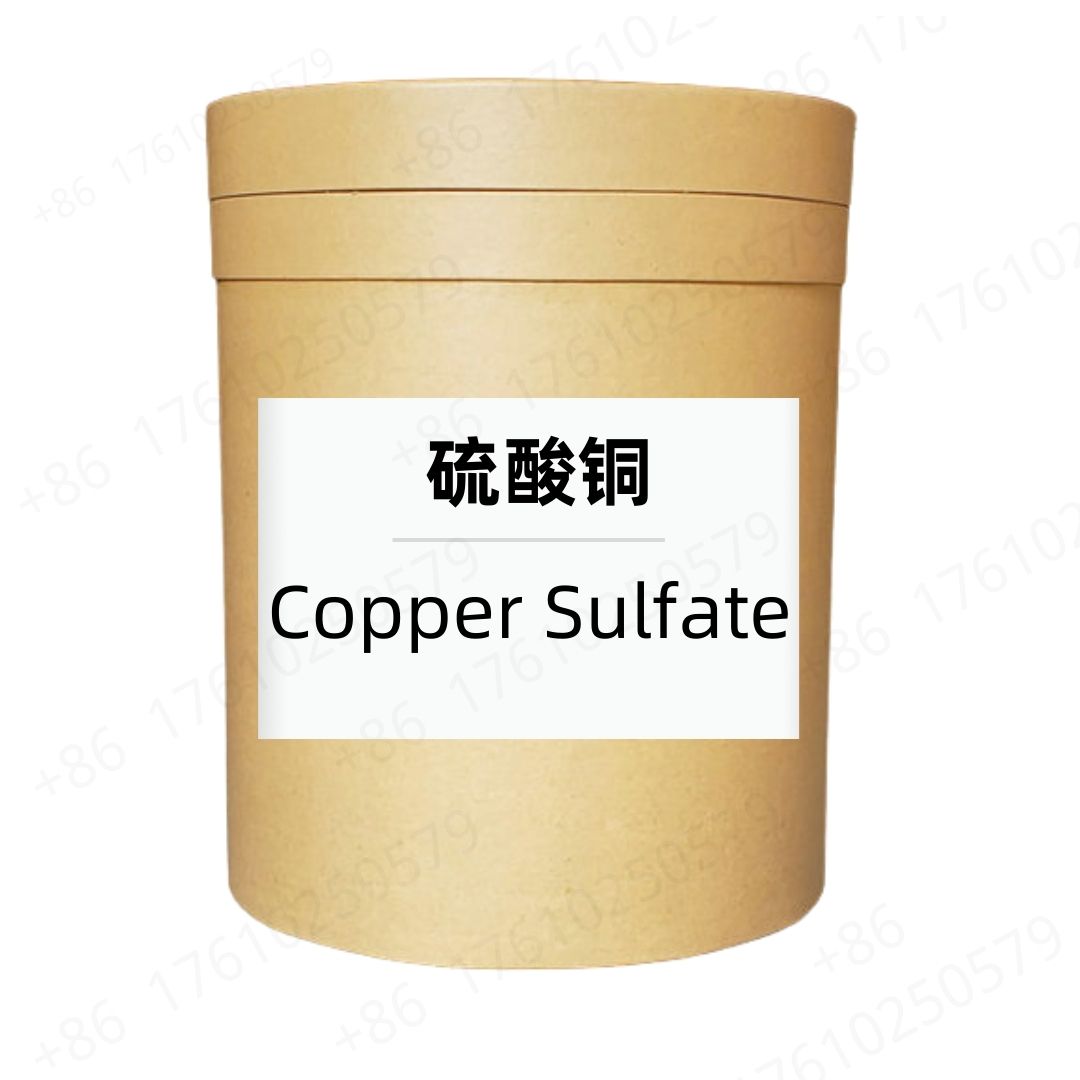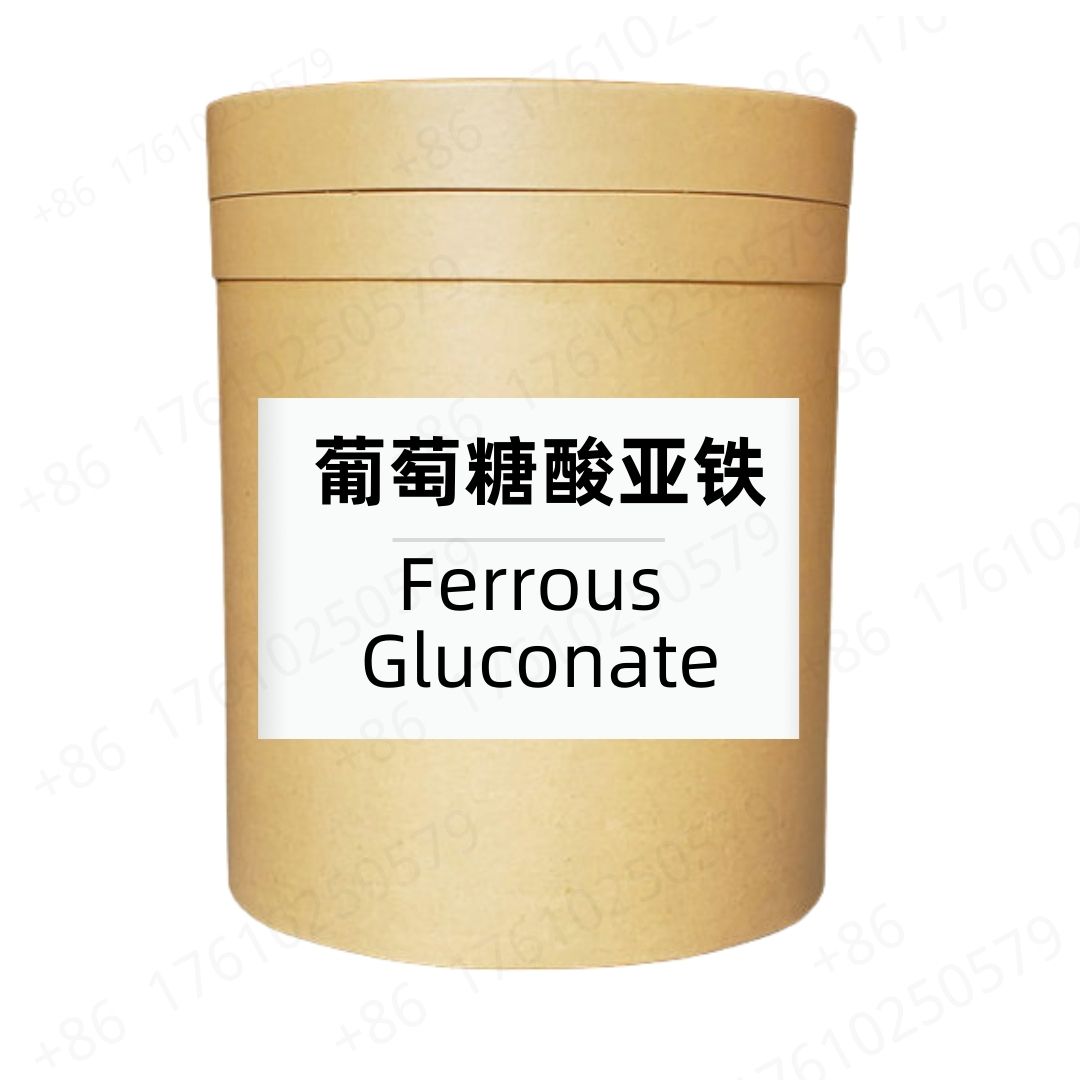Product Introduction
Zinc chloride is an inorganic compound that plays a crucial role in various industrial and chemical applications. It occurs as both a solid and a solution, offering versatility across numerous fields. Due to its unique properties, zinc chloride is used in areas ranging from agriculture to manufacturing, making it a valuable additive in many processes. Its efficacy as a catalyst and a dehydrating agent contributes to its extensive usage across different sectors.
Production Process
The production of zinc chloride typically involves the reaction of zinc oxide or zinc carbonate with hydrochloric acid. This process results in the formation of zinc chloride and water. Alternatives include the direct reaction between elemental zinc and chlorine gas. Upon completion, the product can be crystallized or concentrated into a liquid form, with purity required for specific applications often ensured through further purification steps.
Product Functions and Effects
Zinc chloride acts as a powerful desiccant, helping to remove moisture from various substances. It is also used as a flux in metalworking, enhancing the bonding properties of metals. Additionally, this compound serves as a disinfectant, potentially aiding in the sterilization of surfaces and equipment. Its role in agriculture includes promoting plant growth by supplying necessary zinc nutrients. Other effects include its use in chemical synthesis and as a catalyst in various reactions.
Product Application Scenarios
In industrial settings, zinc chloride finds applications in the production of batteries, textiles, and adhesives. It is widely utilized in the treatment of wood to prevent rot and insect infestation. Agricultural applications include the use of zinc chloride in fertilizers where it supplements zinc levels in soils. Laboratories often use it as a reagent in chemical analyses and reactions, demonstrating its versatility in scientific research.
Packaging and Storage
Storage Conditions: Store in a sealed, light-proof container, away from high temperatures, in a dry, cool, and well-ventilated place.
Packaging: Bulk: 25kg/fiber drum; Sample: 1kg/aluminum foil bag; Custom packaging available upon request.
Shipping Methods: FedEx, DHL, dedicated logistics, and sea freight consolidation.
Shelf Life: Two years
Monica Sun possesses extensive technical expertise and market insights in the food additives industry. She excels in designing efficient and safe additive formulations tailored to various food applications, ranging from sweeteners to functional dietary fibers. Monica has successfully assisted food manufacturers in optimizing ingredient combinations to enhance product quality and improve consumer satisfaction.















